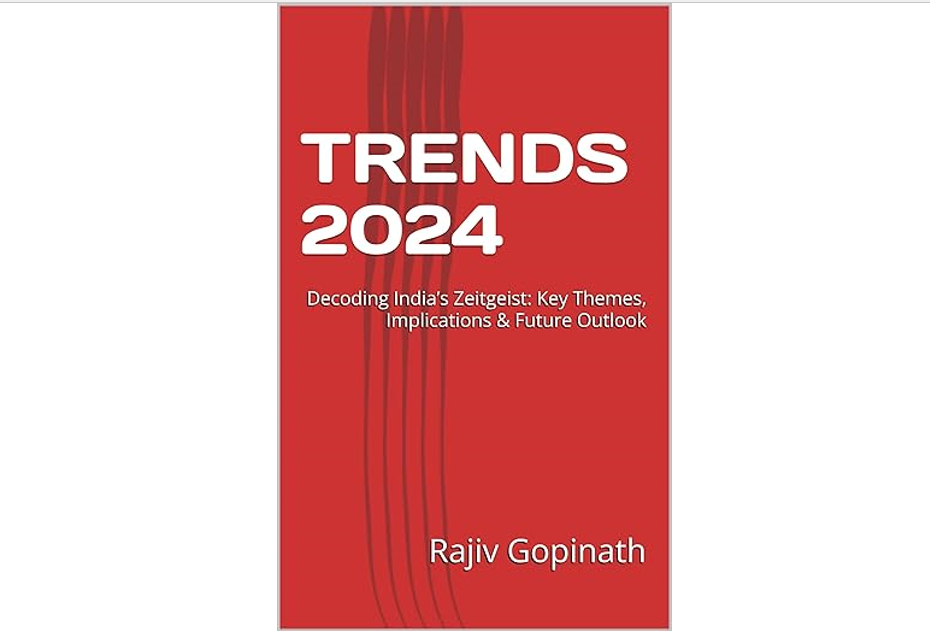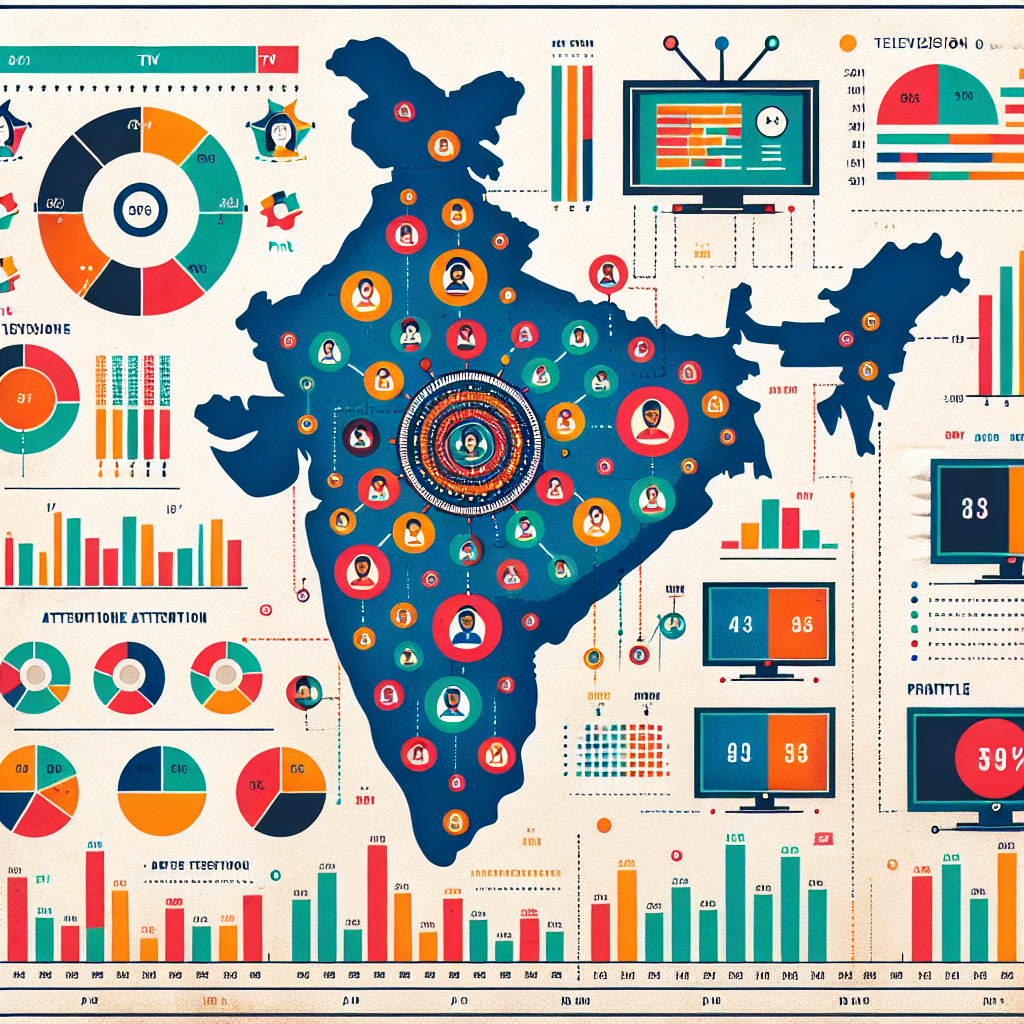Why Reality TV Contestants Are the Newest Brand Ambassadors
During a marketing strategy meeting for a beauty brand launch, Noah's team was debating celebrity endorsement options when their Gen Z intern made a suggestion that initially bewildered the senior executives: "Instead of the A-list actress, we should partner with Olivia from Love Island." When the data was presented—showing the reality contestant's engagement rates, conversion metrics, and audience trust scores all substantially outperforming the established actress—Noah found himself fascinated by this fundamental shift in marketing influence. What began as a surprising recommendation evolved into a deep professional curiosity: why have reality TV contestants become such powerful brand ambassadors, often outperforming traditional celebrities despite their seemingly ephemeral fame? This question has transformed Noah’s approach to influence marketing ever since.
Introduction: The Reality Revolution in Brand Ambassador Marketing
The strategic deployment of reality TV contestants as brand ambassadors represents one of the most significant shifts in marketing influence over the past decade. According to research from Harvard Business School, partnerships with reality TV personalities now generate an average ROI 3.2 times higher than traditional celebrity endorsements across multiple product categories, particularly in fashion, beauty, lifestyle, and consumer packaged goods.
This transformation reflects broader changes in consumer psychology, media consumption, and parasocial relationships. While traditional celebrities maintain wide recognition, reality personalities often deliver superior marketing results through concentrated influence within specific demographic segments. Understanding the psychological, commercial, and technological drivers of this shift offers critical insights for brands navigating the evolving landscape of influence marketing.
1. The Authenticity Advantage
At the core of reality TV contestants' marketing power lies what consumer psychologist Robert Cialdini identifies as the "principle of social proof"—people determine appropriate behavior by examining the actions of others they identify with. Unlike scripted performers, reality contestants present as "ordinary people in extraordinary circumstances," creating powerful identification opportunities.
Research from the Journal of Consumer Research demonstrates that perceived authenticity now ranks as the primary driver of trust for Gen Z and Millennial consumers, with 72% citing it as "very important" in brand partnerships. Reality personalities benefit from:
- Documented "origin stories" viewers witnessed firsthand (their journey on the show)
- Seemingly unscripted personality disclosure (vulnerability, flaws, and growth)
- Transitional narrative from "ordinary person" to public figure (maintaining relatability)
- Behind-the-scenes content that extends their authenticity narrative post-show
This authenticity advantage is evident in partnerships like Molly-Mae Hague's (Love Island UK) collaboration with PrettyLittleThing, which generated 61% higher engagement than the brand's previous celebrity campaigns despite substantially lower production costs.
2. Targeted Audience Alignment
Reality TV contestants provide brands with precisely defined audience access, unlike traditional celebrities whose broad appeal often results in diffuse influence. This represents what marketing strategist Seth Godin terms "permission marketing"—connecting with consumers who have explicitly opted into a personality's content ecosystem.
The advantages include:
- Clearly defined demographic and psychographic profiles based on show viewership
- Pre-established audience alignment with specific lifestyle categories
- Concentrated influence within valuable consumer segments
- Lower partnership costs relative to audience quality
Research from the Ehrenberg-Bass Institute demonstrates that partnerships with reality personalities from targeted shows deliver 3.8 times higher conversion rates than broadly appealing celebrities when products align with show themes (fitness products with contestants from physical competition shows, relationship products with dating show alumni).
3. Accelerated Trust Development Through Compressed Narrative
Reality TV creates what media psychologist Dr. Pamela Rutledge terms "accelerated intimacy"—the rapid development of parasocial relationships through compressed emotional narratives. Traditional celebrities reveal themselves gradually over years or decades, while reality contestants experience compressed character development through:
- Concentrated emotional disclosure
- Conflict and resolution narratives
- Vulnerability in high-pressure situations
- Personal growth journeys witnessed by viewers
This compression creates what sociologist Dr. Joshua Gamson calls "accelerated familiarity," with viewers developing parasocial bonds in weeks that traditionally required years. Contestants from shows featuring emotional disclosure (The Bachelor, Big Brother) consequently generate 2.7 times higher trust scores than those from performance-based shows (American Idol, Dancing with Stars), according to research from Northwestern University's Media Psychology Lab.
4. Integrated Digital Ecosystem Advantage
Unlike established celebrities who often struggle to transition between traditional and social media, reality contestants emerge directly into an integrated digital ecosystem. Marketing professor Philip Kotler identifies this as "omnichannel presence"—the seamless extension of personality across multiple platforms.
Reality contestants benefit from:
- Show-driven initial audience acquisition
- Immediate social media following growth during broadcast
- Network and production company cross-promotion
- Digital-native content creation skills
Research from the Wharton School of Business demonstrates that reality personalities generate 2.4 times more engagement per follower than traditional celebrities, largely because their content maintains the authenticity and accessibility that initially attracted viewers.
5. Commercial Adaptability and Integration
Perhaps most significantly, reality TV contestants demonstrate superior flexibility in commercial integration. Traditional celebrities often maintain separation between artistic and commercial personas, while reality personalities emerge from programs that frequently feature explicit brand integration.
Marketing theorist Dr. Susan Fournier notes this creates "commercial authenticity"—the perceived congruence between a personality's identity and their commercial partnerships. This adaptability manifests through:
- Seamless transition from in-show brand interactions to post-show partnerships
- Willingness to create dedicated commercial content
- Higher engagement with partner brand communities
- Greater responsiveness to campaign feedback and evolution
Analysis from McKinsey & Company shows that reality TV contestants are 3.1 times more likely than traditional celebrities to adapt messaging based on campaign performance data, leading to significantly improved optimization over time.
Conclusion: The Future of Reality-Driven Brand Partnerships
As reality programming continues to evolve through streaming platforms and social media integration, the influence of contestants as brand ambassadors will likely strengthen further. Industry analysis from Deloitte predicts that by 2025, over 60% of consumer lifestyle brands will allocate more than half their influence marketing budgets to reality personalities and content creators, with traditional celebrities increasingly reserved for heritage brand positioning.
The evolution of AI-powered matching platforms that identify optimal alignment between contestant personas and brand values promises to further optimize these partnerships, creating what influence marketing specialist Scott Guthrie calls the "precision influence model."
Call to Action
For marketing leaders seeking to leverage reality TV talent as brand ambassadors:
- Develop evaluation frameworks that prioritize engagement quality over follower quantity
- Invest in long-term relationships with carefully selected personalities rather than one-off promotions
- Create measurement systems that capture both immediate conversion and long-term brand perception impacts
- Consider second-tier contestants with highly engaged niche audiences rather than only season winners
- Build flexibility into partnership agreements to adapt to rapidly evolving digital landscapes
The brands that successfully navigate this new landscape won't just secure endorsements—they'll cultivate authentic partnerships with personalities whose journeys resonate deeply with their target consumers.
Featured Blogs

TRENDS 2024: Decoding India’s Zeitgeist: Key Themes, Implications & Future Outlook

How to better quantify attention in TV and Print in India

AI in media agencies: Transforming data into actionable insights for strategic growth

How the Attention Recession Is Changing Marketing

The New Luxury Why Consumers Now Value Scarcity Over Status

The Psychology Behind Buy Now Pay later

The Rise of Dark Social and Its Impact on Marketing Measurement

The Role of Dark Patterns in Digital Marketing and Ethical Concerns








